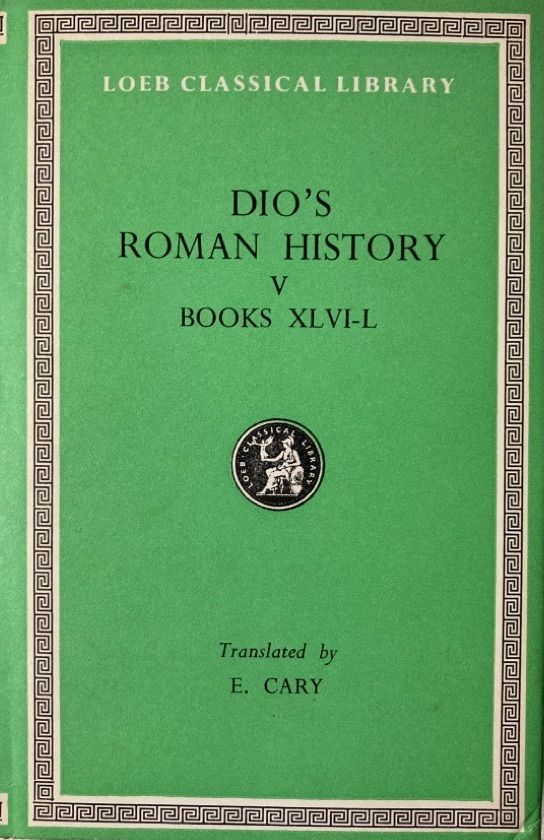Mark Antony lived his life like a bestselling novel: love affairs that toppled empires, military campaigns that read like adventure stories, political scandals that gossip columnists could only dream of covering. He was a Roman general who could share wineskins with common soldiers at dawn and sail into Alexandria as Dionysus incarnate by sunset, trailing perfume and international incident.
He was simultaneously husband to Rome's most virtuous woman and lover to its most dangerous enemy. The loyal lieutenant who became a revolutionary avenger. The disciplined soldier who threw away three legions chasing impossible love.
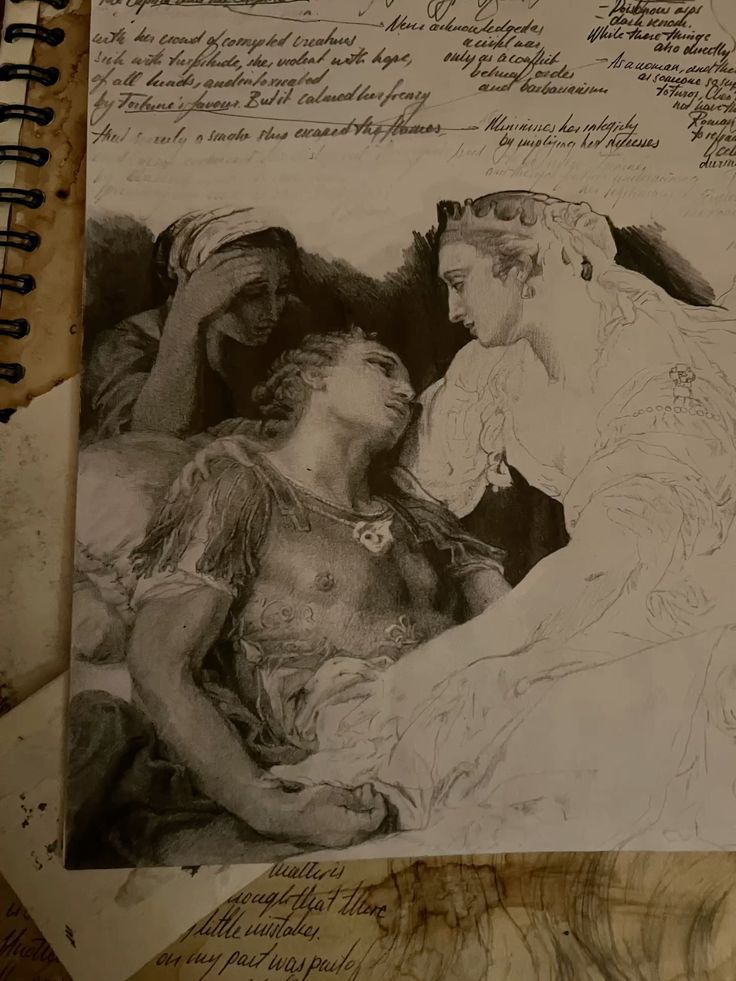
But everything we know about him survived through Roman filters, sharpened by propaganda and shaped by winners writing history. Was he a tragic hero undone by authentic passion? Or a reckless hedonist who mistook theatre for statecraft? Or something far more complex — a man attempting to bridge Roman discipline and Greek imagination, remembered primarily for the bridge collapsing beneath him?
If you want to follow his ghost through Senate debates, Parthian deserts, and Cleopatra's perfumed chambers, these five books are your essential companions. Consider them archaeological tools for excavating a life buried beneath centuries of conflicting interpretations.
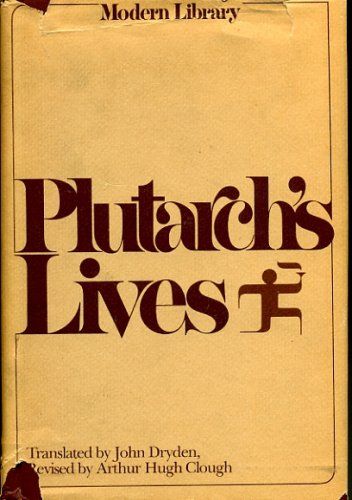
1. Plutarch: Life of Antony
Why this matters: The ancient biography that shaped every subsequent telling of Antony's story. Written by a Greek philosopher with access to sources we've lost — military dispatches, personal letters, palace gossip from people who'd actually met the principals.
Read it to really understand the psychological complexity beneath the political surface. Plutarch doesn't just chronicle events; he dissects character. His Antony emerges as a man of genuine contradictions — capable of extraordinary hardship and extraordinary indulgence, inspiring fanatical loyalty while making catastrophically poor choices.
Highlights include a deep dive into the fishing prank with Cleopatra (pure domestic comedy), the Dionysiac festivals in Athens (political theatre as religious experience), the final suicide scene (love story disguised as military history).
Our favourite Edition: Plutarch: The Makers of Rome (Penguin Classics, 2004) contextualises Marc Antony in a lineage of Rome's greatest statesmen.
2. Cassius Dio: Roman History (Books 47–51)
A Roman senator writing from inside the system, this unique book offers rare establishment perspective on Antony's trajectory from loyalty to treason. Essential for understanding how his choices looked to people actually voting on whether to declare war.
Read it for: The propaganda war between Antony and Octavian, told by someone who understood exactly how Roman politics weaponised personal scandal. Dio shows you the machine that transformed love story into constitutional crisis.
It gives us the ultimate understanding that Antony wasn't just choosing between women, but between entire civilisational models — Roman republic versus Hellenistic monarchy, western discipline versus eastern magnificence.
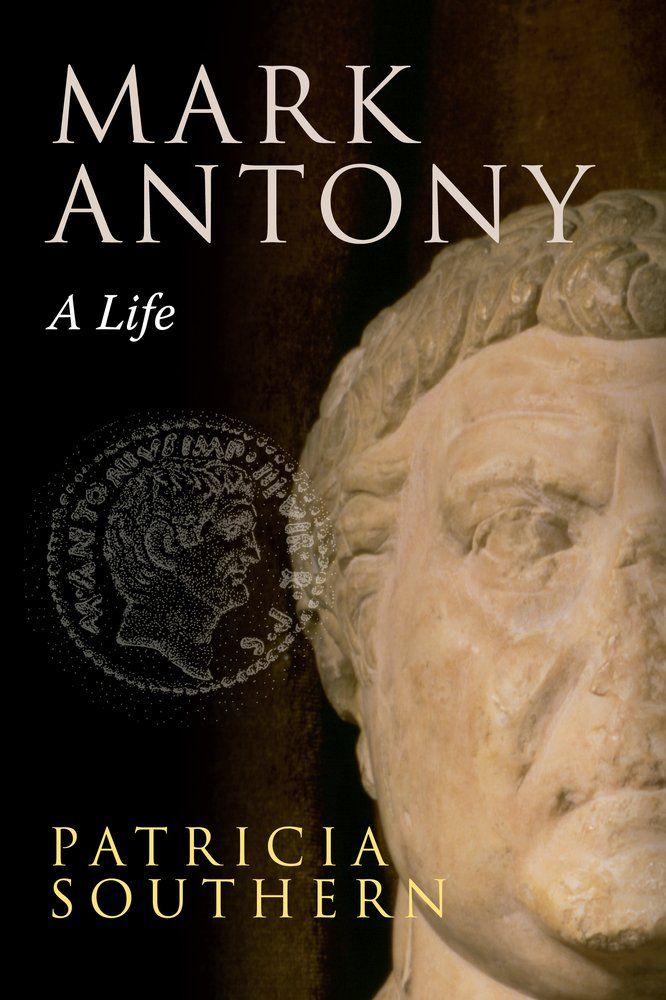
3. Patricia Southern: Mark Antony: A Life
A modern historian with archaeological training, Southern cuts through romantic mythology to examine actual evidence, and treats Antony as serious politician rather than just passionate fool.
Read it for a balanced assessment that takes his eastern policies seriously as attempts at imperial reorganisation, not just romantic gestures. She argues convincingly that many of his "failures" were calculated risks that might have succeeded in different circumstances.
The revelation: Antony as an innovative administrator attempting to create sustainable eastern empire, whose methods threatened Roman tradition precisely because they might have worked.
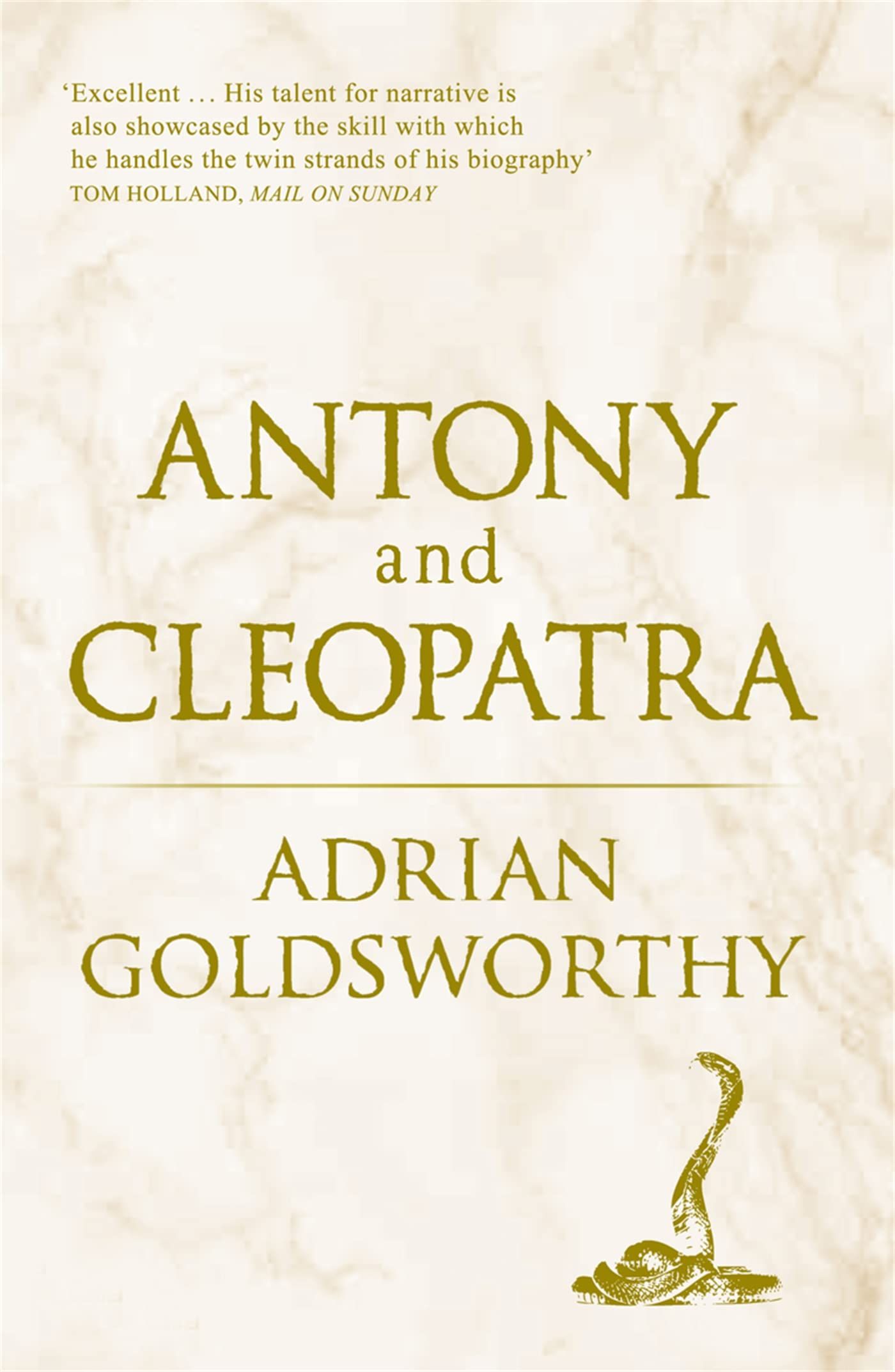
4. Adrian Goldsworthy: Antony and Cleopatra
Goldsworthy is a military historian who understands how personal relationships intersected with strategic necessities, and places Antony & Cleopatra's romance within wider context of civil wars that were reshaping Mediterranean world.
Read it for a clear explanation of why Antony needed Cleopatra (money, grain, legitimacy) and why she needed him (protection, Roman recognition, survival). Love story that was also business partnership.
The insight: Their relationship wasn't distraction from politics — it was politics, and an attempt to create new model of power that combined Roman military strength with eastern wealth and cultural sophistication.
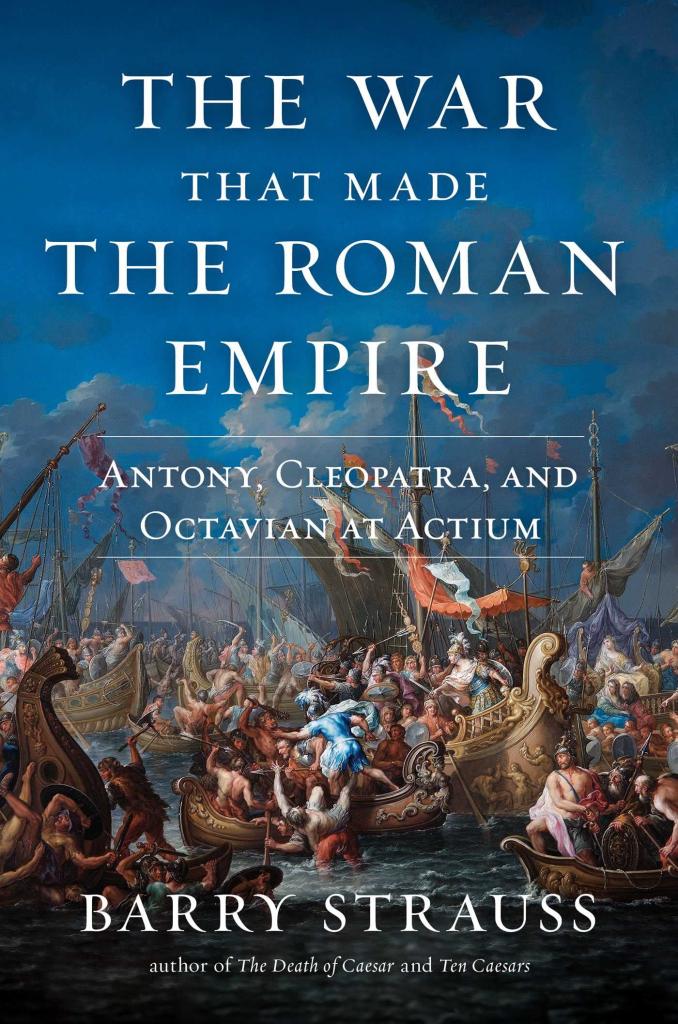
5. Barry Strauss: Barry Strauss: The War That Made The Roman Empire
While primarily focused on naval battle that ended everything, Strauss examines how Antony's strategic thinking evolved (or devolved) under pressure of choosing between Roman identity and eastern ambitions.
Read it for a gripping account of a final gamble — the moment when love, politics, and military strategy collided in single disastrous afternoon that reshaped ancient world.
The tragedy is understanding how close Antony came to succeeding, how narrow the margin between legendary love story and successful imperial reorganisation.
Start with Plutarch for the psychology, move to Dio for the politics, then use the modern historians to excavate the man beneath the mythology. By the end, you'll understand why Antony remains fascinating: he was attempting something genuinely revolutionary — and came closer to success than his enemies ever admitted. Some lives are too large for single interpretation. This one requires multiple lenses to catch all the light.
